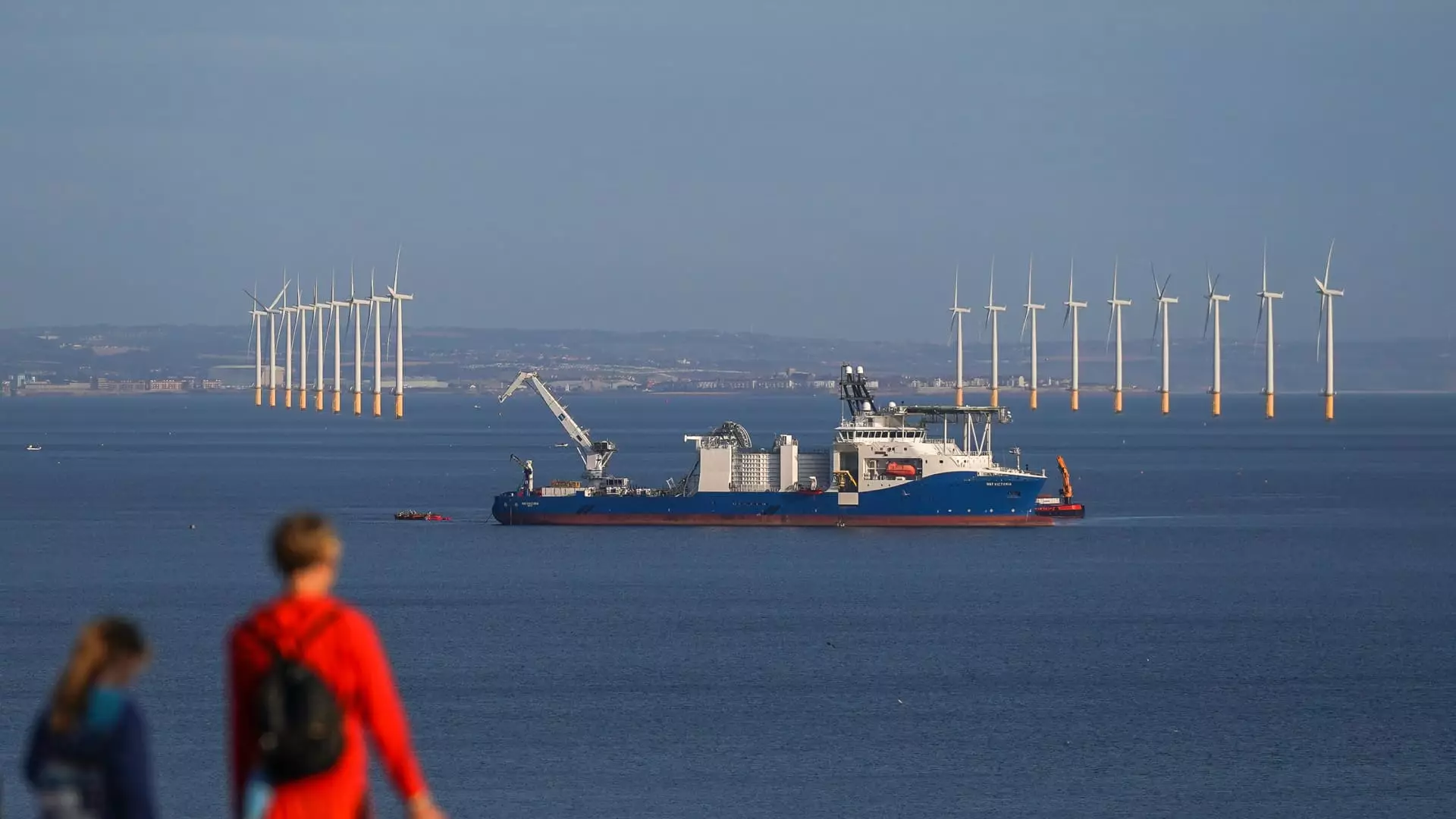The North Sea has been a pivotal site for oil and gas production for the United Kingdom, historically supplying substantial energy resources. In recent years, however, the landscape has transformed as investments shift towards renewable energy sources, particularly with substantial players within the energy sector embracing offshore wind farms. This evolution highlights the contentious debate around the U.K.’s energy policy and its impact on both traditional fossil fuel production and evolving renewable sectors.
Trump’s Critique and Its Implications
Recently, President-elect Donald Trump criticized the U.K. government’s energy tax policy, labeling it as a significant error. His remarks were triggered by the U.S.-based APA Corporation’s announcement to scale back its North Sea operations due to the UK’s windfall tax, officially known as the Energy Profits Levy (EPL). Trump’s calls for the U.K. to “open up” the North Sea and “get rid of Windmills” reflect his stance on prioritizing fossil fuel production over renewable energy initiatives, positing that current policies hinder economic growth and energy independence.
This perspective, however, raises important questions about the sustainability of energy production and the long-term consequences of favoring fossil fuels in an era increasingly concerned with climate change. Critically, Trump’s approach fails to recognize the broader global movement towards decarbonization, where governments and businesses alike are reshaping their objectives in favor of sustainable energy infrastructure.
The Energy Profits Levy, which has recently seen an increase from 35% to 38%, is designed to tax the excessive profits of oil and gas companies. This revenue is directed towards facilitating Britain’s transition from reliance on fossil fuels and bolstering energy security, particularly in the context of environmental goals and the urgency of climate action. While critics, including Trump, may view this as detrimental to economic growth in the short term, it is essential to evaluate the potential benefits such a policy could yield—not only for the environment but also in developing a robust green economy.
The economic implications extend beyond immediate profits; they shape the future landscape of energy production. Countries like the U.K. are positioning themselves as leaders in renewable energy, seeking to capitalize on advancements in technology and infrastructure to create jobs, stimulate investment, and ensure a more secure energy future.
Despite Trump’s assertions, the transition to renewable energy is more than just a political issue; it resonates within an international discourse on energy independence and ecological responsibility. The U.K.’s commitment to transforming the North Sea into a major hub for offshore wind energy underscores a significant shift in energy strategy. As other European nations join this effort, the potential to convert the North Sea into Europe’s largest “green power plant” may significantly outbalance any short-term gains associated with fossil fuel extraction.
Moreover, the challenges faced by the offshore wind sector—such as rising costs and supply chain issues—highlight the growing pains of a changing industry rather than a wholesale failure of renewable energy initiatives. As the world grapples with climate change, the narrative surrounding energy production is shifting towards longevity and sustainability, where the focus on renewables is no longer seen as optional but as a fundamental necessity.
While Trump’s critique of the U.K.’s energy policies sheds light on the economic struggles fossil fuel operators face, it also inadvertently reinforces the imperative for energy transition. The focus should not solely be on immediate profit margins but rather on long-term sustainability goals that prioritize environmental responsibility and innovation in a rapidly changing global energy marketplace. The debate over the North Sea is indicative of larger dialogues happening worldwide, highlighting the need for cohesive strategies in navigating the future of energy.


Leave a Reply